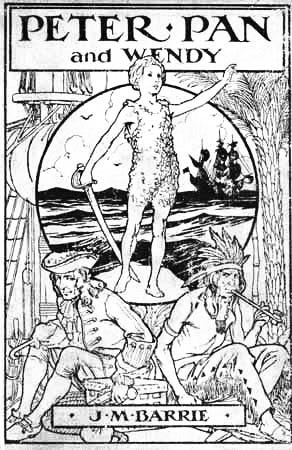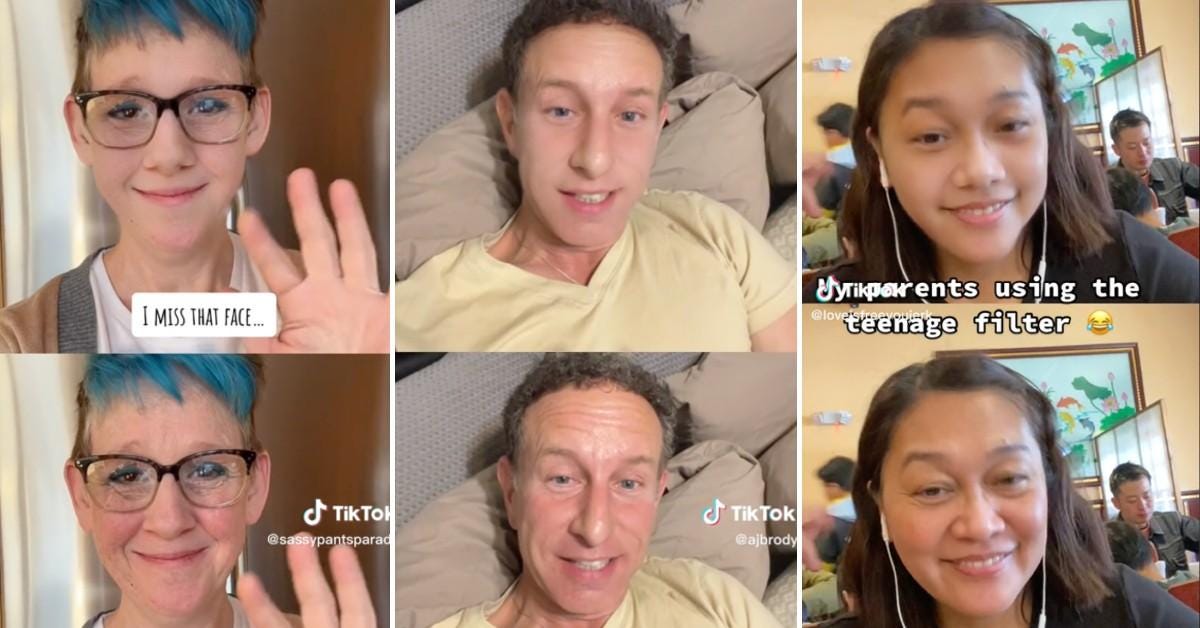Grow up!
Talking to our teen selves.
There’s a new trend on TikTok. Mercy. I wrote that sentence, and I realized that is the modern equivalent of “Scientists recently…”. It’s that sentence that you know is going to end badly. Or as someone put it to me once, “If you only watch the first act of the movie, the new scientific discovery works out just fine!”
There’s a new trend on TikTok. It’s called the “teenage filter.” It’s actually nothing terribly new. There have been age filters and gender filters in Asia for quite sometime. But TikTok made their age filter available in the West, and Boomers and Gen-Xers are discovering this little tech toy for the first time. It’s really very simple. The filter removes lines and creases on the face, gives a glow to the skin, thickens hair, lowers the hairline slightly, and may even shrink the nose and ears a tad. The result is that a person in their 40s to 60s looks like they are in their mid- to late teens.
It’s the reactions to this filter that I want to talk about. I’m sure that there are a wide variety of reactions. But the ones that are going public are universally ones of sorrow, regret, or nostalgia. Comments are along the lines of, “I miss that face, I wish I could hug her, I wish I could tell him, ‘it gets better.’” I’ve noticed that these reactions are mostly from women, but not entirely. No doubt some of this comes from our culture’s worship of youth, especially as it applies to women.
Nonetheless, I think that this trend is more pronounced due to the zeitgeist of our modern world. We seem to be pushing the idea of looking at our lives as one of victimization. We see ourselves at the mercy of a world that drives us hither and thither with us having no ability to set our own course. And we live our lives with an idea that the values we held at youth are the values we should hold for our entire lives.
I pondered it for a good while, and I find that reaction to a filtered version of ourselves that mimics the way we looked in our teen years disturbing. It promotes a desire to return to youth, not as a means to correct mistakes, but more as a means to hold onto that time and magnify the experience. This seems deeply narcissistic and wholly immature.
Looking at myself as a young man, my reaction is one of impatience and frustration. I would want to tell that teen to “Grow up!” I would try to explain to my younger self that perpetual adolescence is neither cute nor desirable, that it hurts others, and is detrimental to yourself.
I would also likely tell that young man, just starting out, that while it is true that his mother is a wise and wonderful woman, still, he should listen to her a bit less and to his father a bit more. Mom was big on defining one’s self in terms of an inner ideal. Dad was more aware that none of us live in a vacuum; we are all a part of our society. Mom wanted to be free. She was a big proponent of any movement that provided more rights. Dad was more geared towards recognizing responsibilities. He was a big proponent of the value of work. Mom was a very hard worker as well (no doubt of that), but she retired early to pursue things she felt were “worthwhile.” And she did a lot of good. She was right about a lot of things, but I think a lot of those things had short-term utility. For the long term, my Dad was more right than wrong.
Dad would likely agree with Jordan Peterson, who has said that we need to focus less on our “rights” and more on our “responsibilities.” I wish I could have been convinced of that message when I was in my late teens or early twenties. I would have done a lot of things differently. I would have played less and worked more. I would have committed myself to achieving and spent less time on frivolity. And I would have read a lot more history. I think I finally “discovered” history in my forties. Ironically, my father was a history teacher.
I don’t miss my youth. I was callow, self-centered, and prone to haughtiness. That last quality was richly undeserved. Now, as a man facing his sixth decade, I find myself humbled, grateful, and aware of my limitations. Tragically, this maturity has also come with an awareness that my senescence is reflected by our culture. We live in an empire in decline. But like the TikTokers (is that a term?), when we have moments of awareness, our reaction is nostalgia and a desire to somehow extend the vigor of the empire in its youth.
We can hang onto the positive traits of our culture, but we are going to need to let go of our extravagances. We need to stop thinking we can solve every problem through the magic wand of technology. We need to humble ourselves and recognize that we are not gods who can command the world to give us what we want. It’s time to grow up.






You’re much more handsome now.